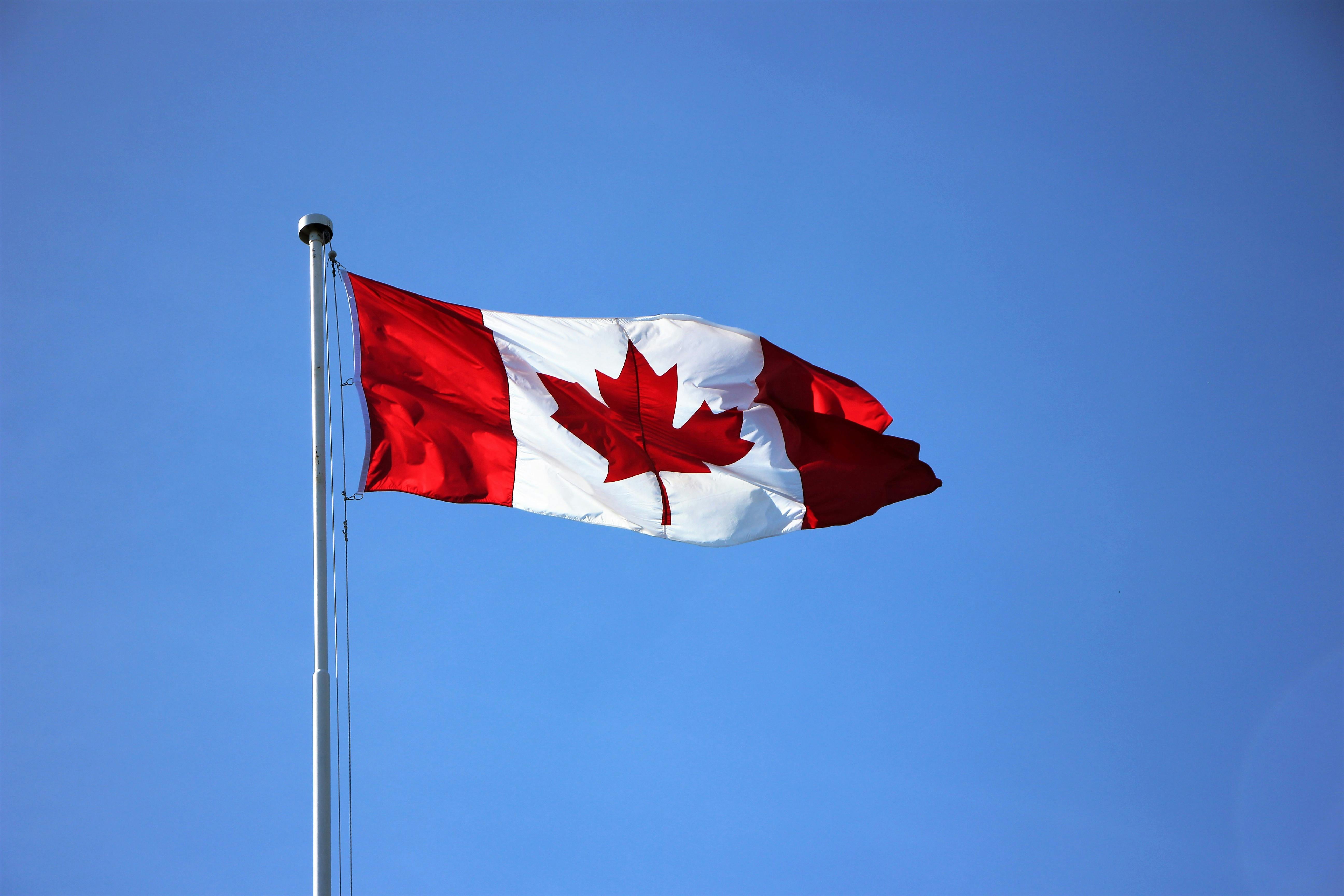
What This Is: From its strong economic position and supportive business environment to its excellent international connections and ease of incorporation, Canada is a favourable option for businesses looking to set up or expand internationally.
What This Means: Understand some of the primary considerations you need to account for when forming a company in Canada.
Canadian Legal System
One of the first things to consider when expanding into or setting up a company in any new jurisdiction is the type of legal system followed there.
Canada has a mixed legal system and is based on a combination of common law and civil law. Whilst these legal systems coexist, common law is more widespread as it applies throughout Canada in all matters of public law (e.g. criminal law, administrative law) and in all of the provinces and territories except the province of Québec, which uses civil code.
Canada operates a federal system in which the legislative powers are divided between the federal government and provincial and territorial governments. The federal government has jurisdiction over matters such as regulation of trade and commerce, criminal law, shipping, fisheries, banking, bankruptcy, patents and immigration. The provincial and territorial governments have jurisdiction over matters including hospitals, education, and property and civil rights.
Setting up: Federal vs. Provincial
In Canada, you can form a company either in one specific province in the country – if you know that you're going to do business exclusively in that area – or you can set up the company at a federal level. If you decide to set up at a federal level, you will still need to select a province where you want to do business. For example, if you decide to form a federal company and you want to do business in British Columbia (BC), you will have to register the company in British Columbia as well.
If you incorporate at the federal level, you’re automatically given a business number. However, setting up at a federal level does not act as a nationwide registration. If you incorporate at the Federal level, you must also Extra Provincially register in the Province where the head registered office is located. That means to do business in all provinces, you would have to independently qualify in each province separately. This process is very unique to Canada.
It’s important to note that certain provinces have partnership agreements with one another. For example, with the New West Trade Partnership Agreement – if you’re formed in one province, i.e. BC, you can automatically register in Manitoba or Alberta.
Selecting Your Company Name: the NUANS System
Legally, in Canada, every business must have a name. For companies registering a business in Canada, this is the primary step that must be completed before anything else can take place. The NUANS (Newly Upgraded Automated Names Search) system is a name search report that will search the Canadian database for existing corporate names, business names and trademarks to determine if the one you have chosen is distinct from any other registered company in Canada, including names that are only provincially incorporated.
The NUANs system is used by most Canadian territories including Alberta, Ontario, New Brunswick, Federal, and Yukon. All other jurisdictions – British Columbia, Manitoba, Saskatchewan, Nunavut and Northwest Territories – require a name search or reservation specific to that province or territory.
Provincial incorporation means the name is protected only within that Province, this can impact your business if you decide to expand into territories outside of the initial province in the future. Federal incorporation allows for greater name protection, but the name selection is far stricter than at the provincial level.
Entity Types
In Canada, the two most common entity types are as follows:
1. CorporationsThis is the most common out of the two in terms of incorporating a new company, extra-provincially registering, and qualifying an existing company (from a foreign jurisdiction) into Canada. The corporation is a separate legal entity from the proprietors, i.e. the stockholders aren’t responsible for the corporation’s obligations and incorporation can be done either at the federal or provincial level.
2. PartnershipIn Canada, there are typically two forms of partnership: a general partnership or a limited partnership. They’re registered with two or more individuals who are responsible for the obligations of the company. In certain circumstances, these can also later be ‘incorporated’ into a limited liability partnership.
The terms used for the entity types are also provincially dependent – the name types may change. This, too, is dependent on the province in which you register.
Who Can be Shareholders or Directors of the Company in Canada?
Any person of any nationality can be a shareholder in a Canadian company. In fact, another company can even be a shareholder in this jurisdiction.
For federal companies, it’s a requirement that 25% of the board of directors must hold Canadian residency. Until very recently, this rang true with Ontario incorporations. However, in November 2021, Ontario removed the requirement to have a local resident director. Now, to be a director of a company in Canada, you don’t have to have any local residency – at a provincial level – anyone can be a director.
Annual Compliances
Every province has its own annual compliance requirement, whether that’s an annual return or an updating declaration. Most are called annual returns and are, essentially, annual reports which function to give notice if there are any changes to, for example, the director of the company or the addresses on file.
Incorporating at a provincial level involves filing a corporate annual return with your provincial government – the deadline is within 60 days of your incorporation anniversary date (which is the date your business is incorporated).
Most companies registered in Canada choose to file their annual returns online, but paper filing via mail is also an option. No matter the choice, the company is responsible for timely filing to avoid revocation or ‘strike off’.
Filing Articles of Incorporation
To establish your company, you need to file articles of incorporation with either the federal government or with the province where you're forming your company. The articles of incorporation include submitting information such as:
- The full legal name of the company
- The full address of the registered office
- The number of appointed directors
- The names and addresses of the directors or incorporators
- Any restrictions on the business activities
And more.
Articles of Incorporation and supporting documents, including the name search and filing fee, must be filed with the appropriate government agency before the corporation is created.
Choosing a Canadian Province: Which is Right for Me?
At a glance, Ontario is an enticing jurisdiction for foreign investors as it contains some of Canada’s largest cities, it has a sizeable shipping hub and the fact that this state holds two different government agencies – the federal government and the Ontario ministry.
British Columbia is also a popular jurisdiction as it has one of the largest ports in the world. Additionally, it’s located on the west coast and so has closer proximity to Asia, and it is known for its ease of doing business.
Ultimately, the right province for you to set up your business will come down to a number of individual factors relating to your business and your preferred processes. There are many different rules, regulations and advantages that are particular to Canada and specific provinces, so choosing the right one for you will require research and support.
To discover more about our international corporate services, take a look at this short video: The Decision Tree: Going GLOBAL Doesn't Have to Be Complicated.
Timeline for Incorporation
The timeline of incorporation will differ depending on the province, but a general time frame is 7-10 business days. and can take as long as two weeks.
As with setting up a company in a new part of the world, establishing a business in this jurisdiction requires meticulous planning. For assistance navigating best business practices, an experienced service provider can be of great help when forming a company in Canada.
This content is provided for informational purposes only and should not be considered, or relied upon, as legal advice.


